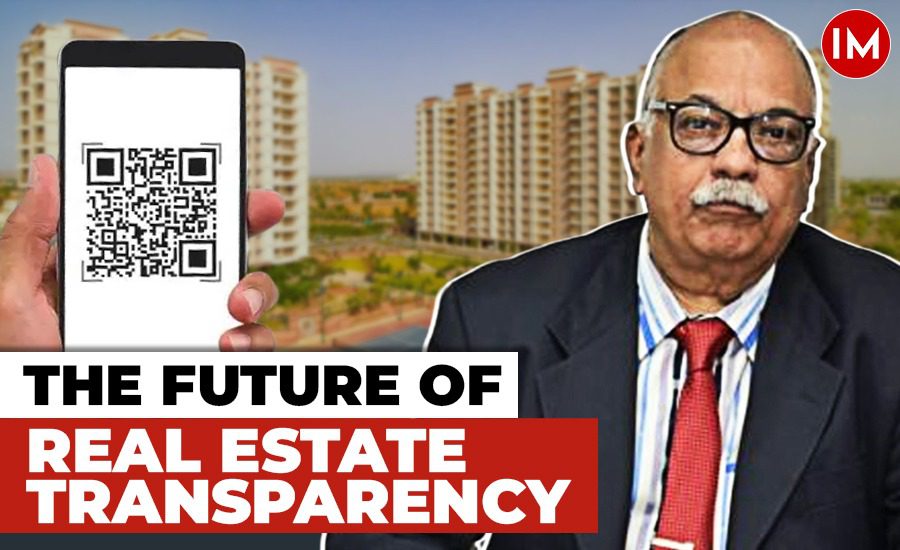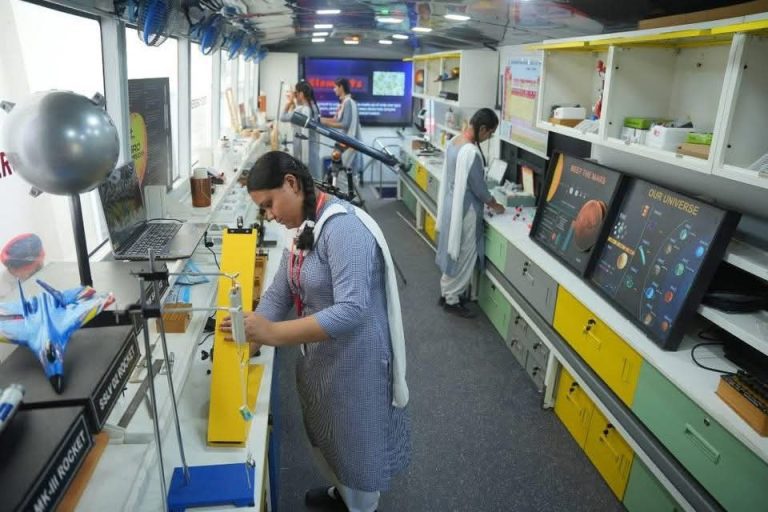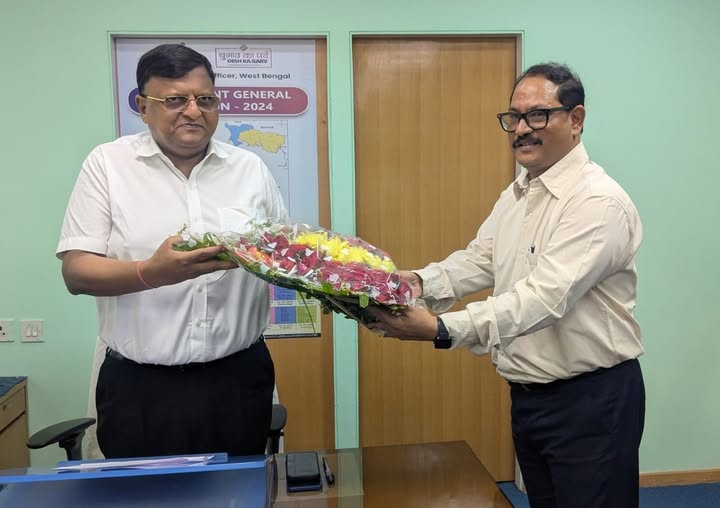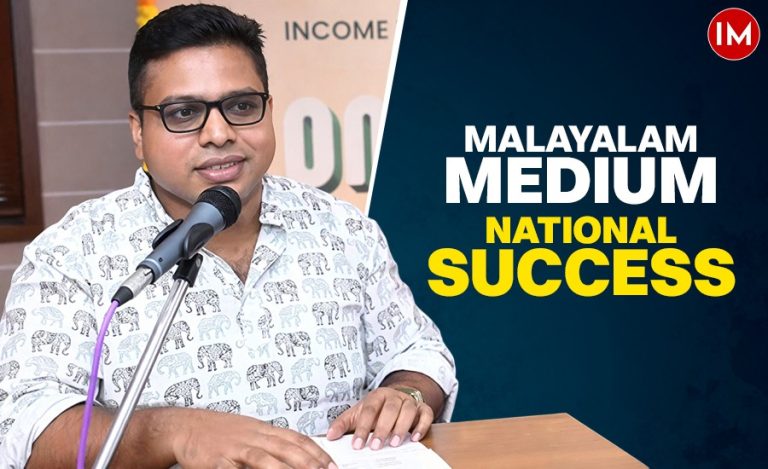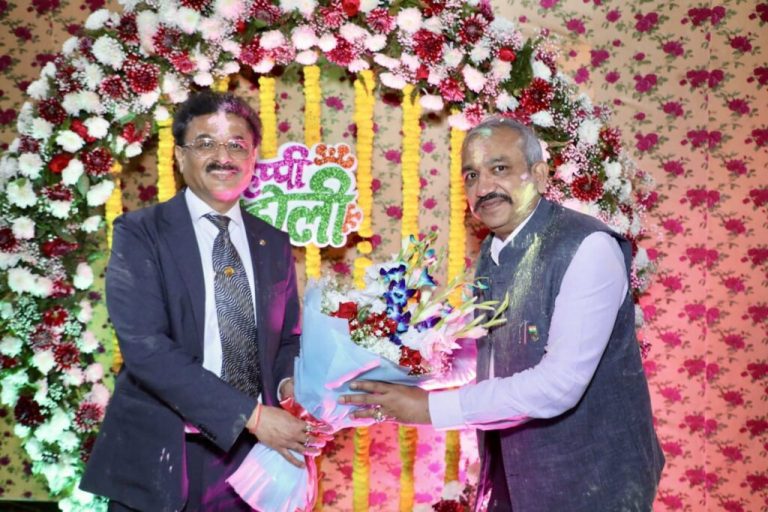In a significant move to promote transparency and accountability in the real estate sector, IAS officer Sanjay Bhoosreddy, currently serving as the Chairman of UP RERA, has introduced a groundbreaking initiative. This initiative mandates promoters to publish unique QR codes in every brochure and advertisement related to their projects. This step aims to empower homebuyers by providing easy access to verified project details, ensuring informed decision-making, and protecting consumers from misleading information.
In an exclusive conversation with Indian Masterminds, the officer shared details about the same.
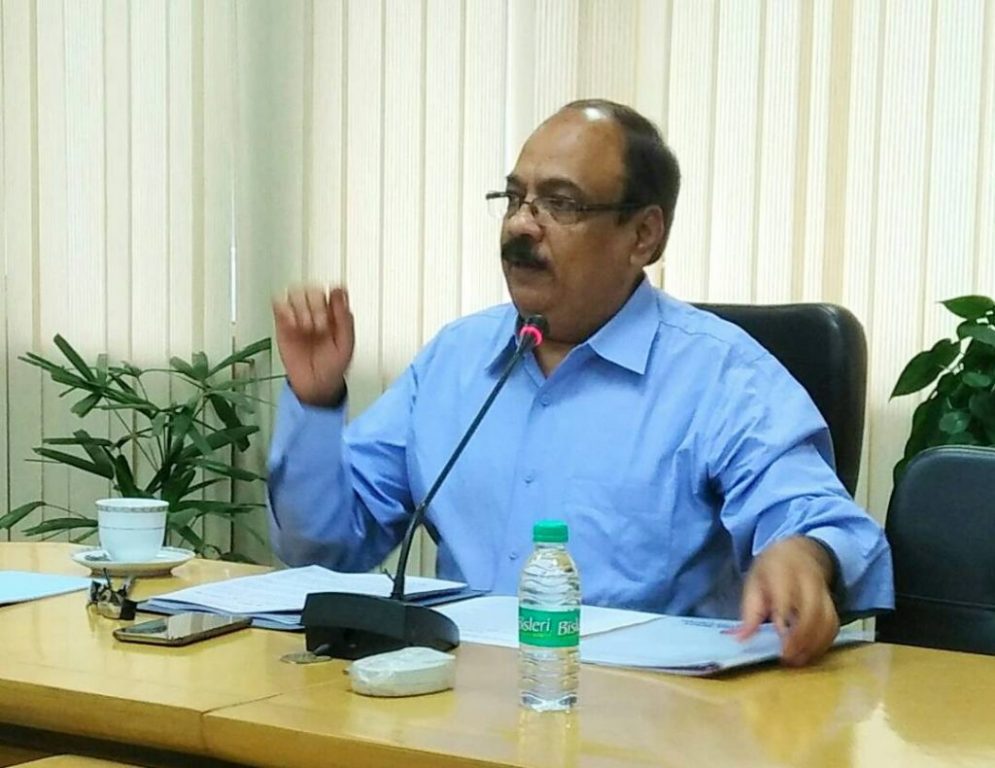
THE QR CODE INITIATIVE: AN OVERVIEW
UP RERA, under the leadership of the senior officer, has assigned unique QR codes to every live project registered with it. These QR codes are embedded on the registration page of each project on the UP RERA portal. Promoters of all 948 active projects have been directed to publish these QR codes in all their promotional materials across various media platforms.
The unique QR code will be published alongside the RERA registration number and the web address of the UP RERA portal. Homebuyers can simply scan the QR code with their mobile phones to fetch all the details of the project and verify the information provided in the advertisements.
“We are trying to take a significant step towards increasing transparency and accountability in the state’s real estate sector, through this project,” stated Mr. Bhoosreddy.
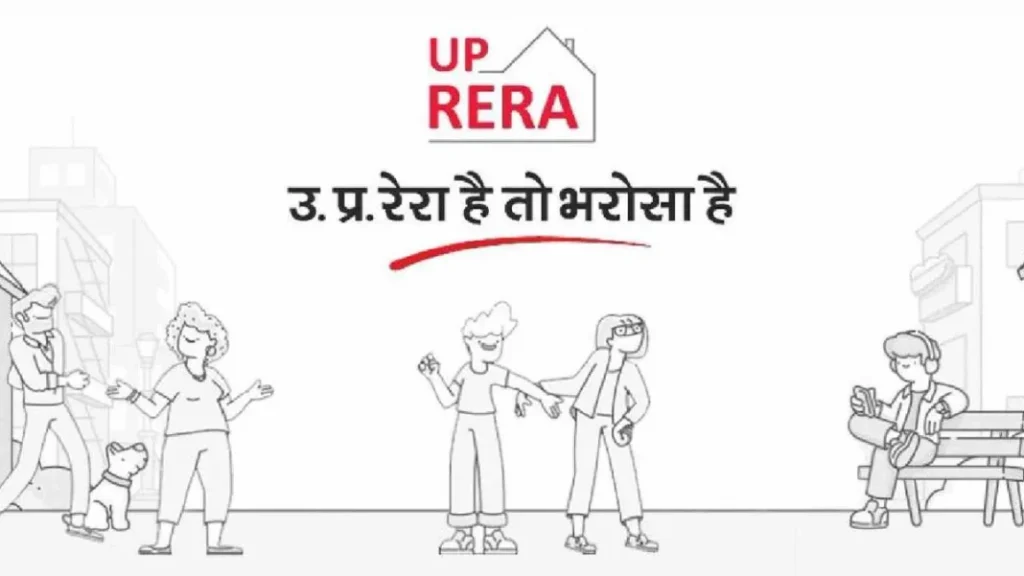
EMPOWERING CONSUMERS THROUGH TECHNOLOGY
The QR code initiative is designed to ensure that the benefits of transparency and accountability reach the consumers effectively. Promoters are required to publish the project QR code in all documents shared with the allottees, including booking forms, allotment letters, builder-buyer agreements (BBAs), and all promotional materials.
These materials encompass a wide range of platforms, such as print, electronic, digital, online, social media, audio-video channels, YouTube, emailers, SMS, brochures, pamphlets, outdoor hoardings, portals created by real estate agents, social media pages, and digital channels.
By scanning the QR code, allottees can instantly access comprehensive details related to the project, such as land documents, approved layouts and maps, project specifications and amenities, start and completion dates, bank accounts, promoters, co-promoters, registered agents, quarterly progress reports (QPR), occupancy certificates (OC) or completion certificates (CC), and other requisite NOCs.
“We are trying to empower consumers to make conscious and judicious choices while buying residential or commercial units without needing to visit the promoter’s office, the real estate agent, or the concerned planning authority,” he told Indian Masterminds.
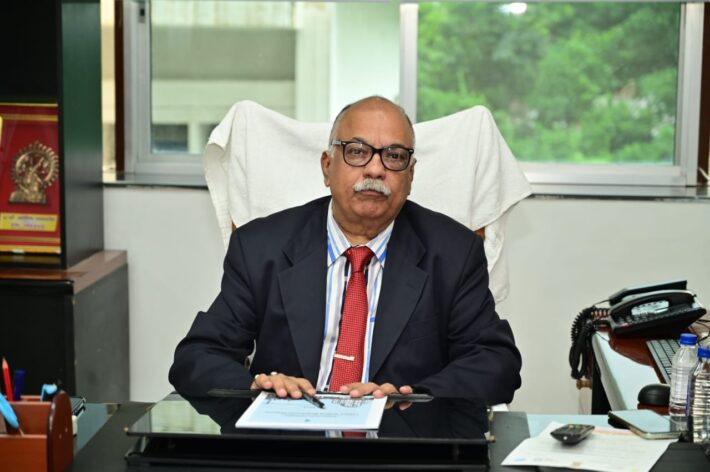
ADDRESSING THE INFORMATION GAP
Mr. Bhoosreddy observed that promoters often advertise and promote their projects extensively through various forms of media. However, homebuyers previously had no easily accessible medium to verify the features, amenities, and other details mentioned in such advertisements. They had to rely solely on the information provided by the promoters or the real estate agents.
With the introduction of the QR code initiative, the same advertisements will now serve as a source of verification for prospective buyers. The unique QR code assigned to each project by UP RERA allows buyers to verify the information relating to the project directly, thereby bridging the information gap and reducing the risk of misinformation.
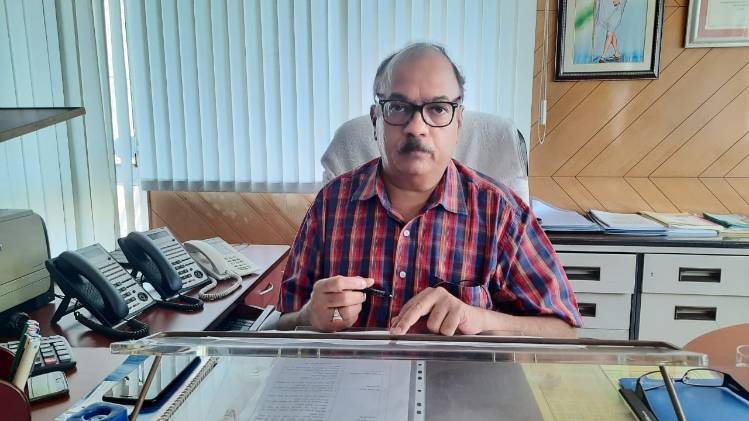
LEADERSHIP AND VISION OF SANJAY BHOOSREDDY
On the occasion of launching this initiative, Mr. Bhoosreddy emphasized the authority’s commitment to empowering consumers and ensuring transparency and accountability among promoters.
The introduction of the QR code initiative by IAS officer Sanjay Bhoosreddy marks a significant advancement in the real estate sector’s transparency and accountability efforts. By leveraging technology to provide easy access to verified project information, this initiative empowers consumers, protects them from misleading advertisements, and promotes a more transparent and accountable real estate market in Uttar Pradesh.

